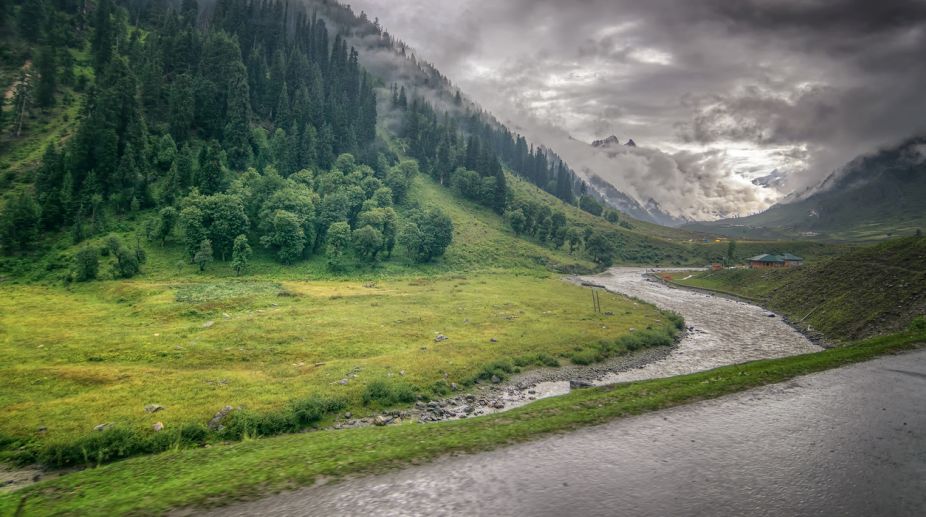At a time when the agitation called by the Gorkha Jan Mukti Morcha is on in full swing and shutdown is in force, life in the Darjeeling Hills has come to a standstill.
The ongoing stir has hit the tourism sector badly not only in Darjeeling and Sikkim but also in the Dooars.
Tourism apart, production of the renowned Darjeeling tea has stopped owing to closure of all tea gardens in the Hills. The stir, on for almost 60 days, is likely to affect the production of oranges in the Darjeeling Hills.
Puja holiday tourists have dumped the idea of visiting Darjeeling and Sikkim owing to the turbulence there.
According to Diparjyoti Chakravorty, proprietor, Pachavati Forest Lodge, Lataguri, “Puja tourists usually plan a 10-day trip to the Dooars, out of which they visit the Darjeeling Hills and Gangtok for five days.
The National Highway No 31 from Siliguri to Gangtok has been closed down and there has been an alarming decrease in the number of flyers touching down at Bagdogra Airport.
A number of travellers have also called off their travel plans to the Dooars owing to fear and lack of safety prevailing in the region. Safety is of prime importance for tourists setting out on a leisure or business trip to any destination.”
The Dooars destination of Lataguri in the vicinity of Garumara National Park has around 55 hotel groups of which the three-star category hotels are three.
Chakarvorty said, “Although hotels in Lataguri will run full occupancy during puja holidays, tourist arrivals will be around 35 per cent less compared to last year.
The agitation in the hills has been a big loss for the tourism industry and Darjeeling has lost its reputation as a prospective tourist destination.”
If the existing crisis goes on, the economic condition in the hills will suffer badly. Chakravorty further said, “This is incidentally the first time that the production of the widely-acclaimed second flush Darjeeling tea has come to a halt.
Second flush Darjeeling tea enjoys a global reputation and during peak season, its price shoots up to Rs 45,000 per kg. The plucking of tea leaves of second flush takes place during the rains in June but this time around, there has been no plucking of tea leaves.
If the stir continues for another one and a half months or so, then the production of oranges will be affected since there is no workforce.” However all is not lost for the hills.
Chakravorty said, “If efforts are made to call off the agitation, then once again tourists will crowd the Darjeeling Hills and things will begin to look up. We expect at least 15 to 20 per cent inflow of tourists in the hills. But it will take around a years’ time for the situation to return to normalcy. But we are keeping our fingers crossed to receive more number of tourists in the Dooars during the winter.”






